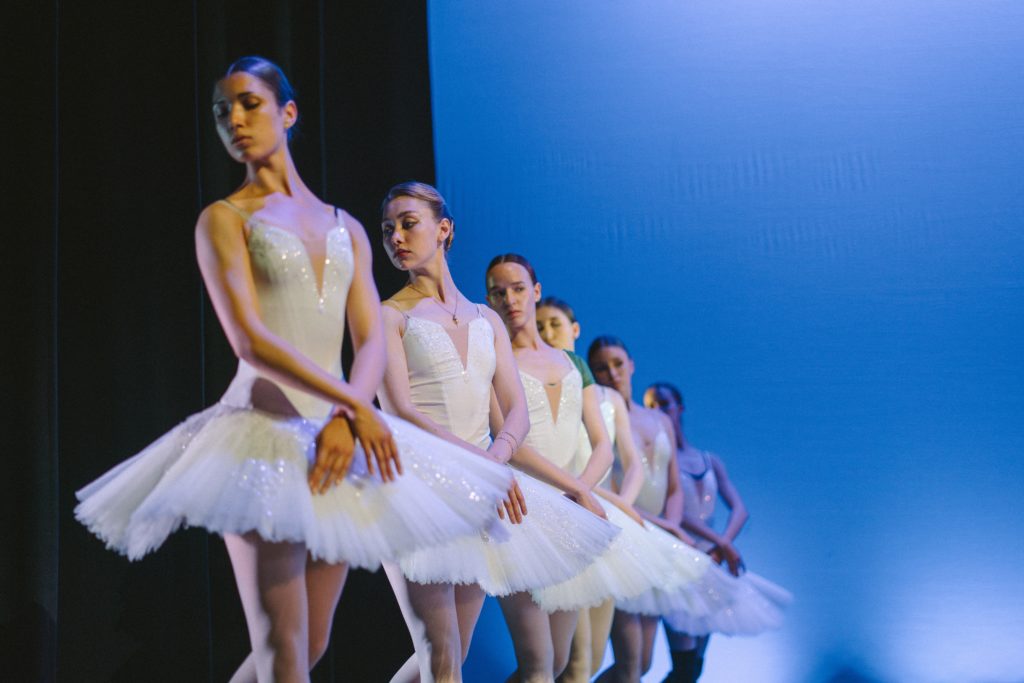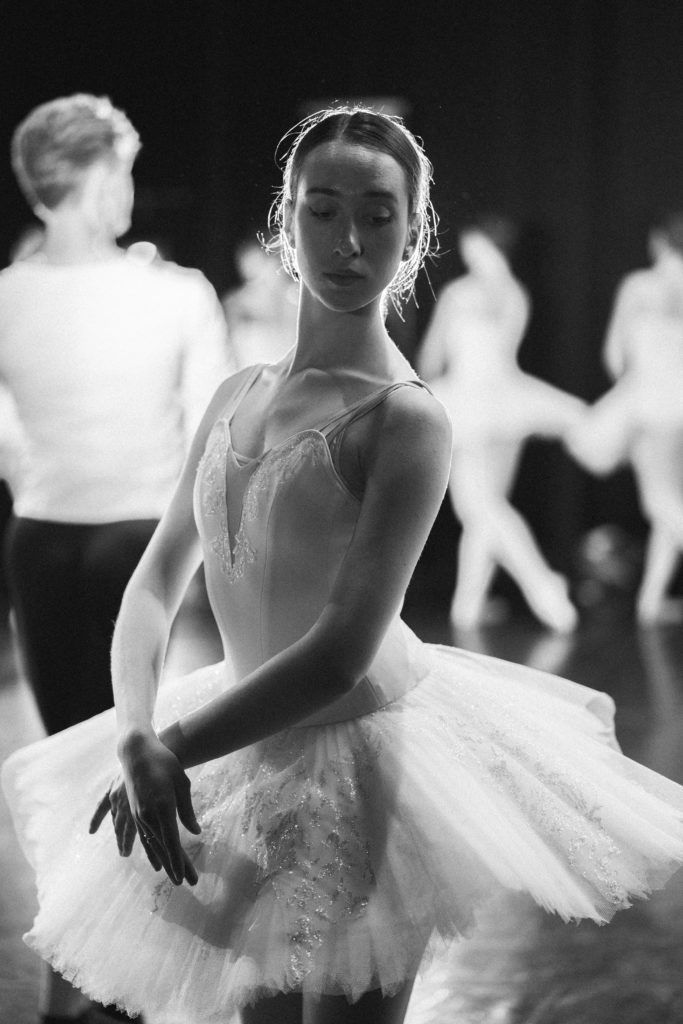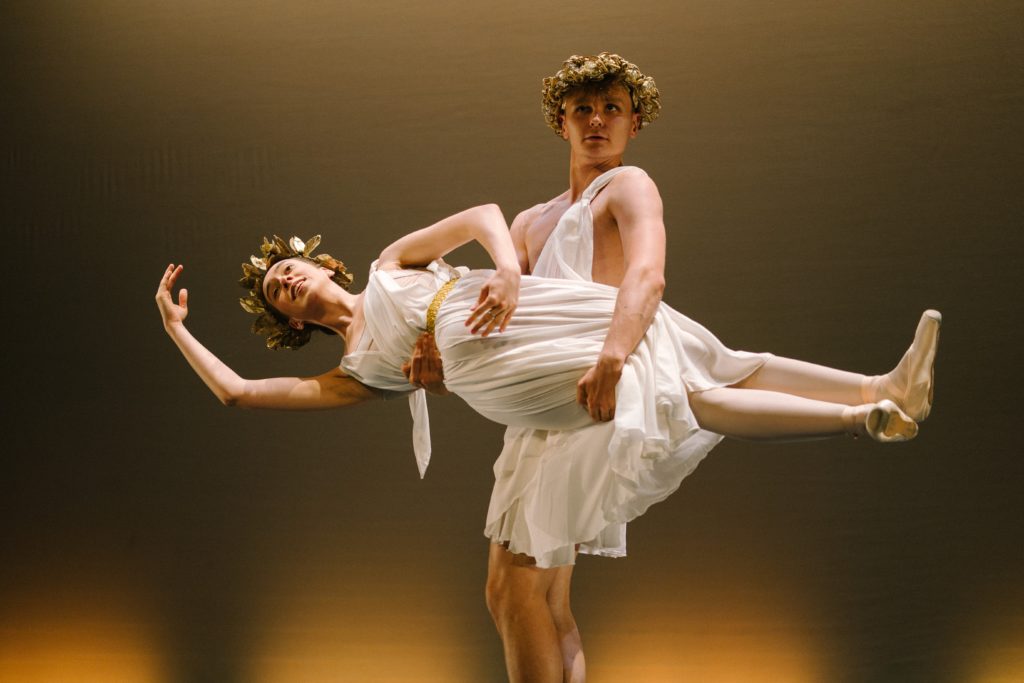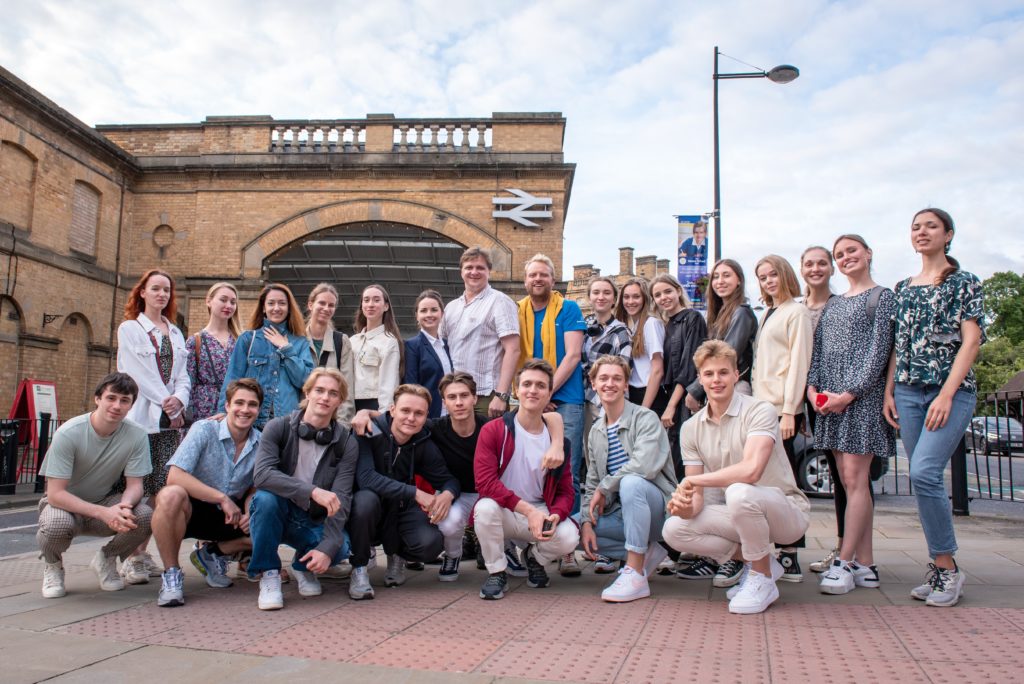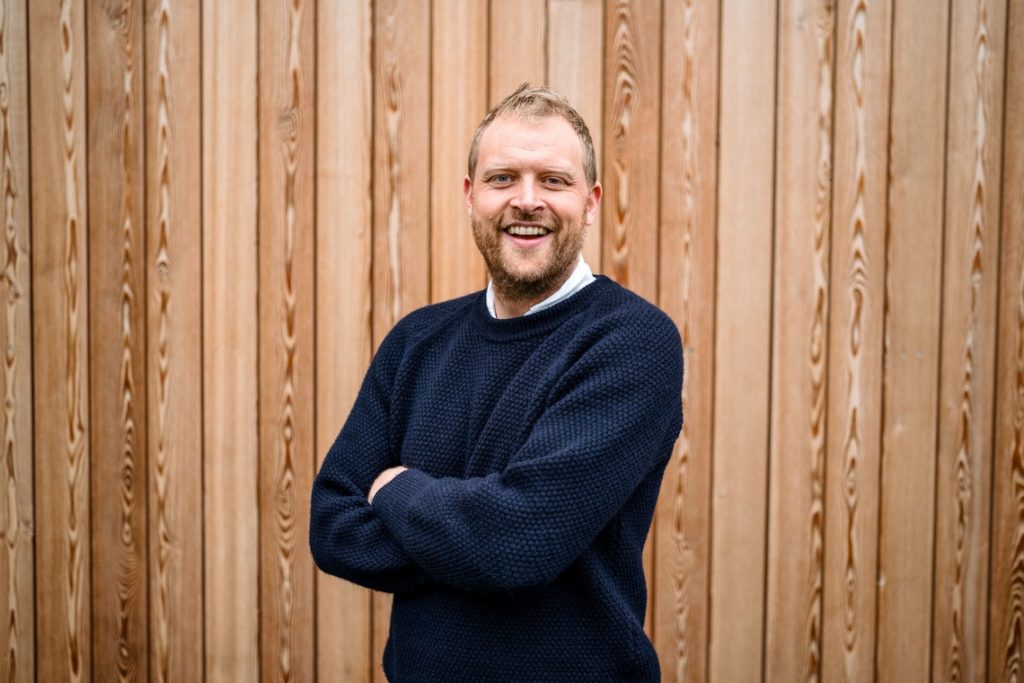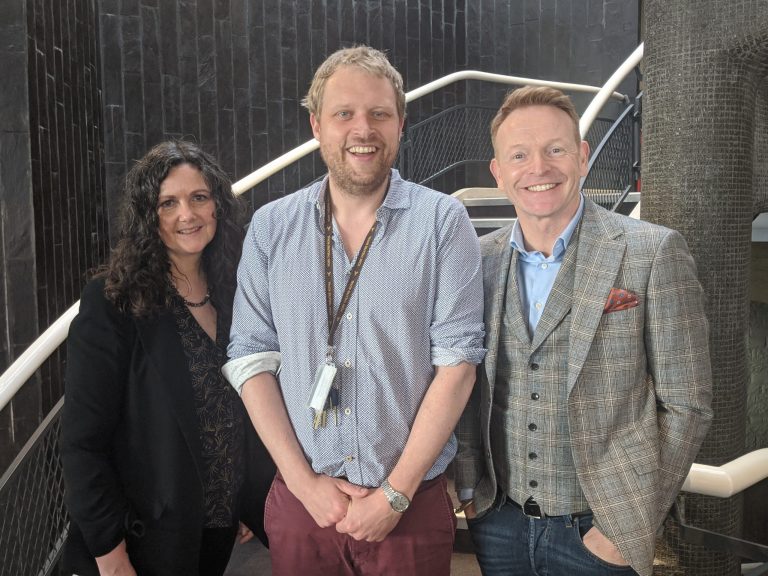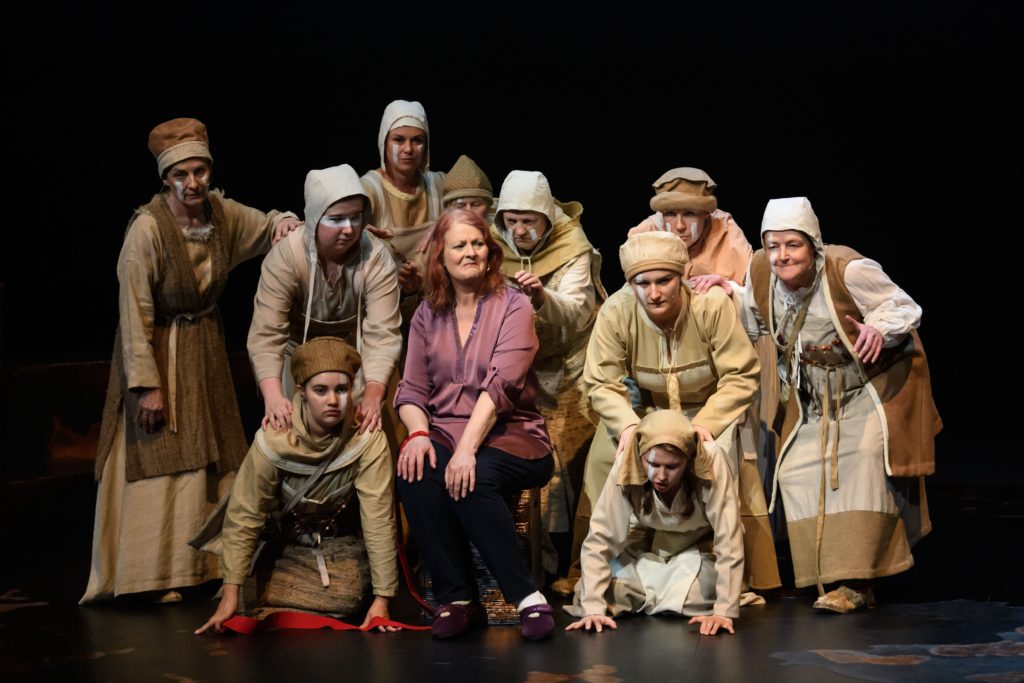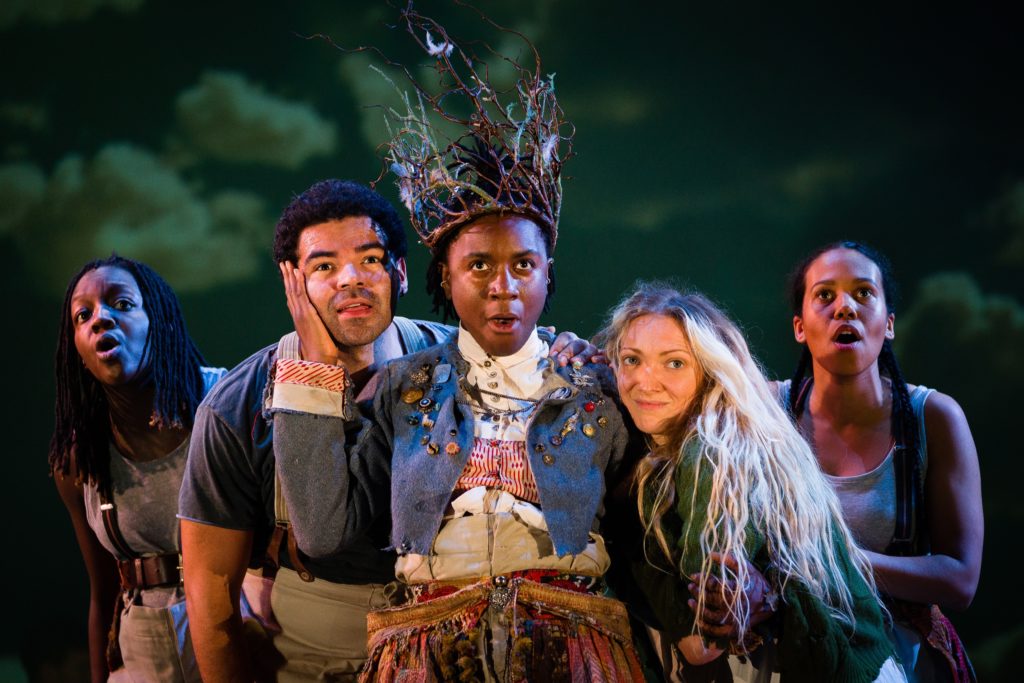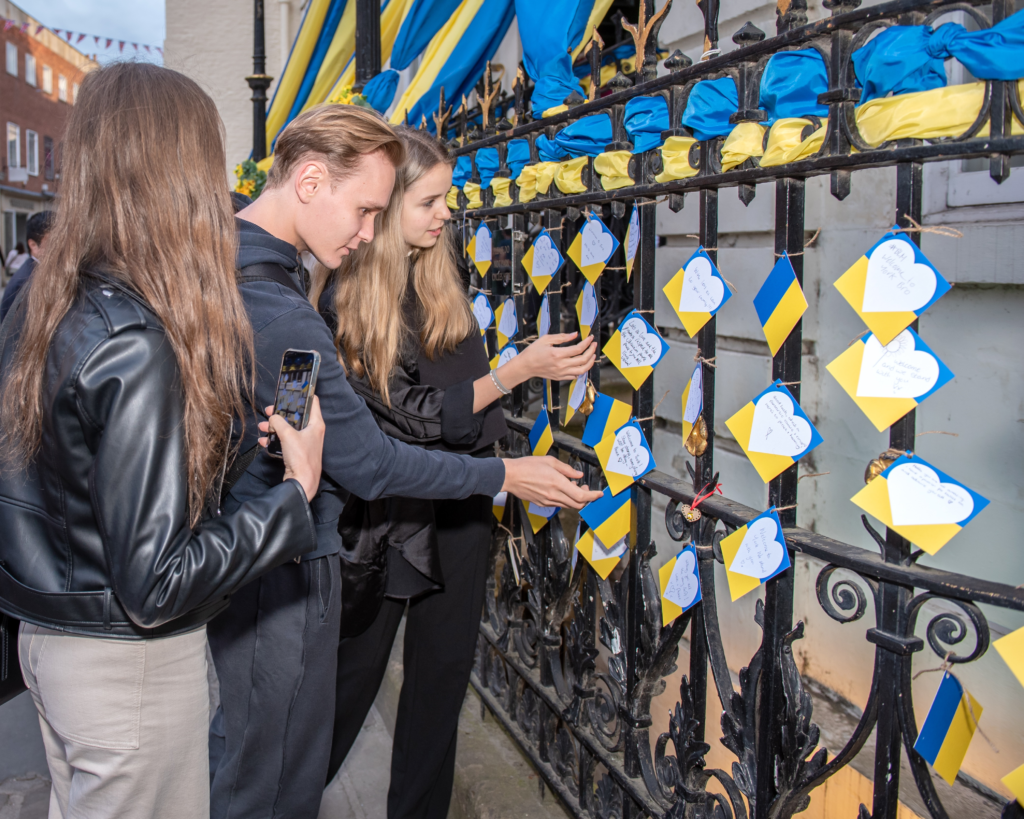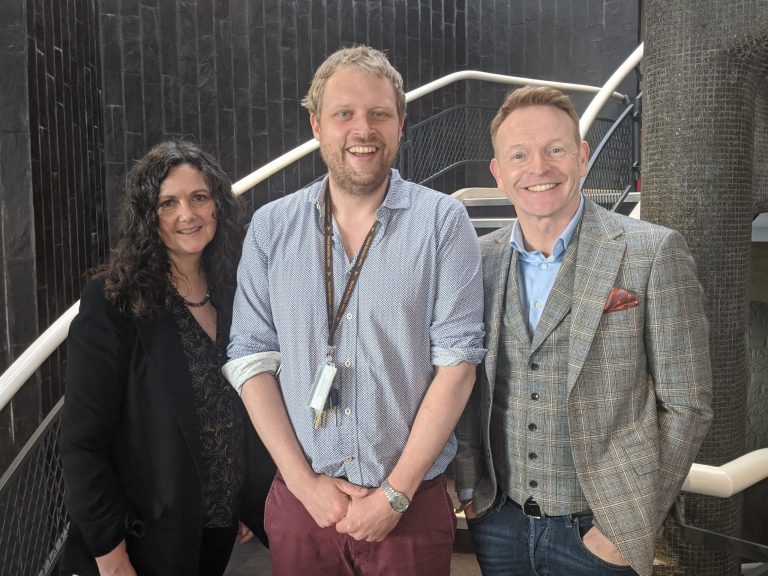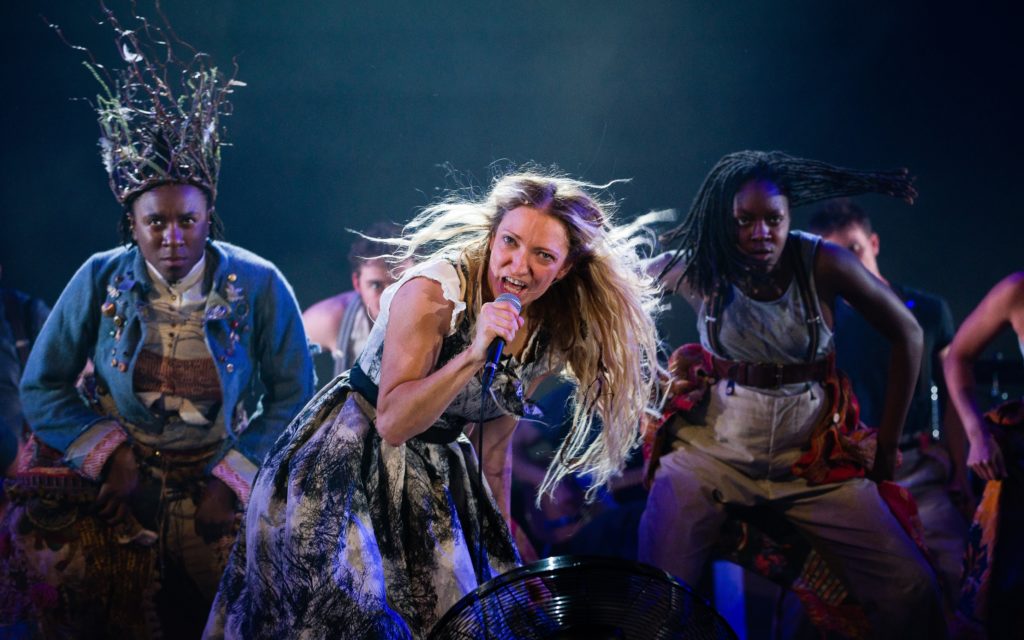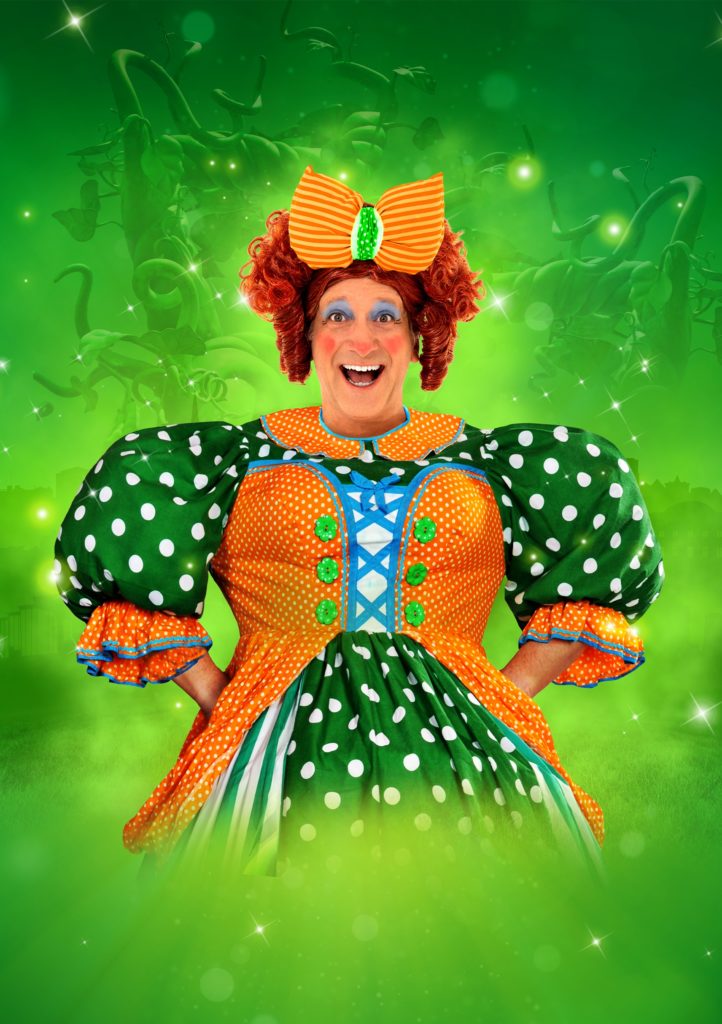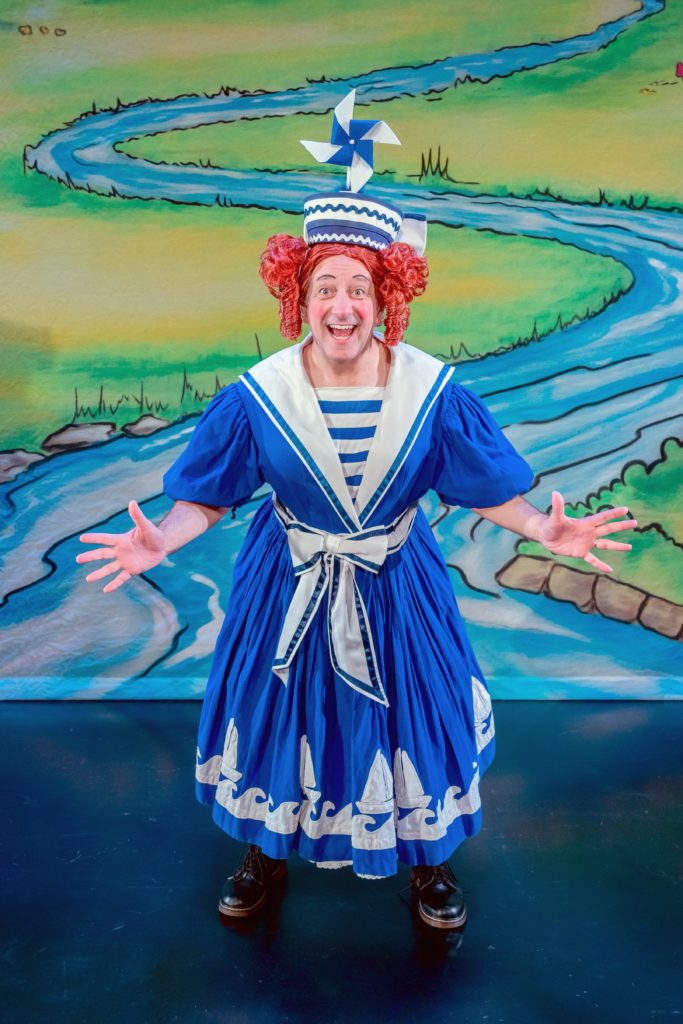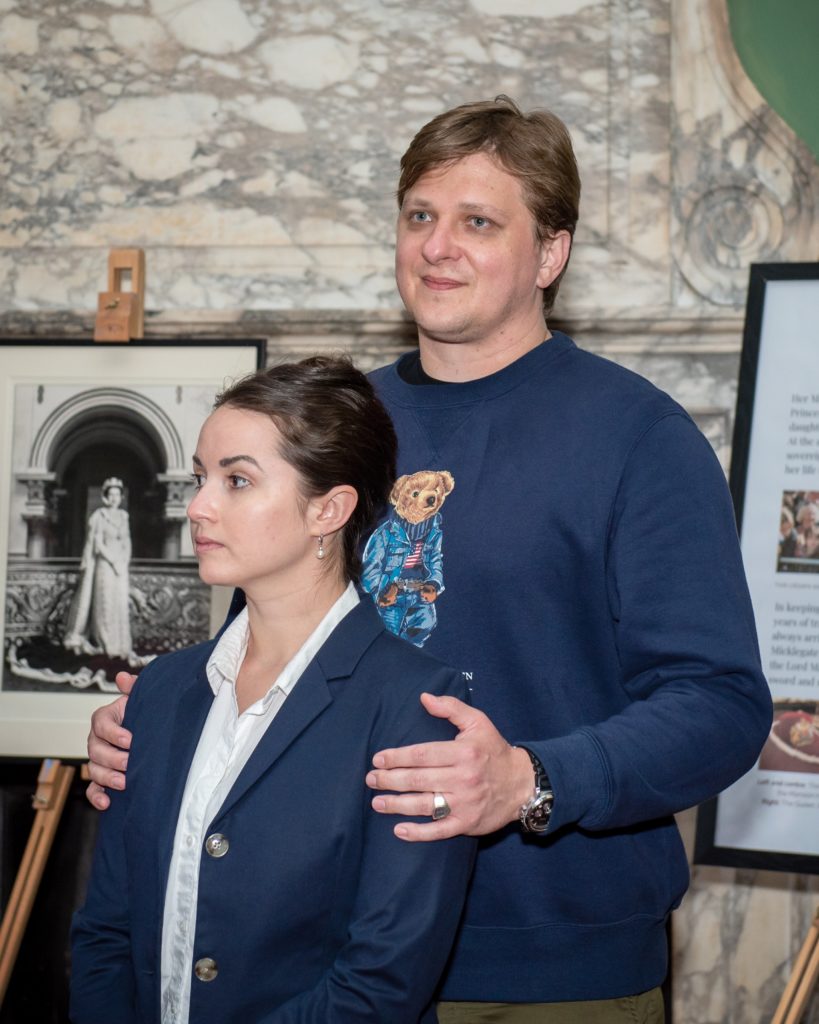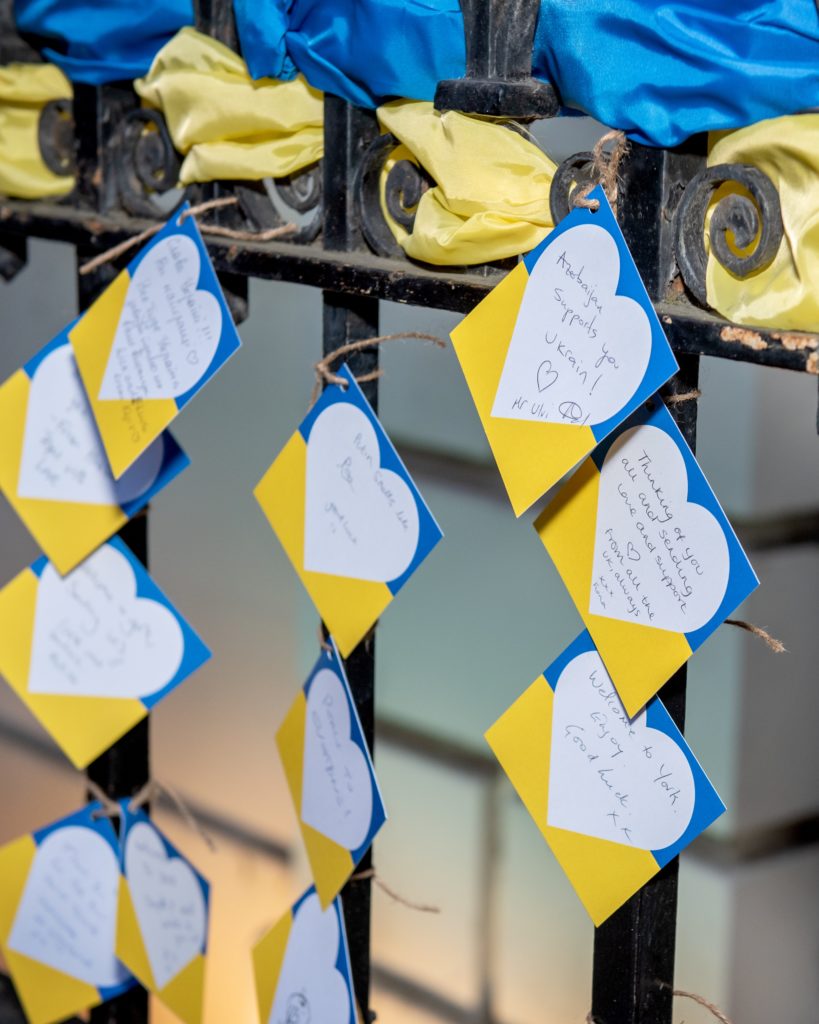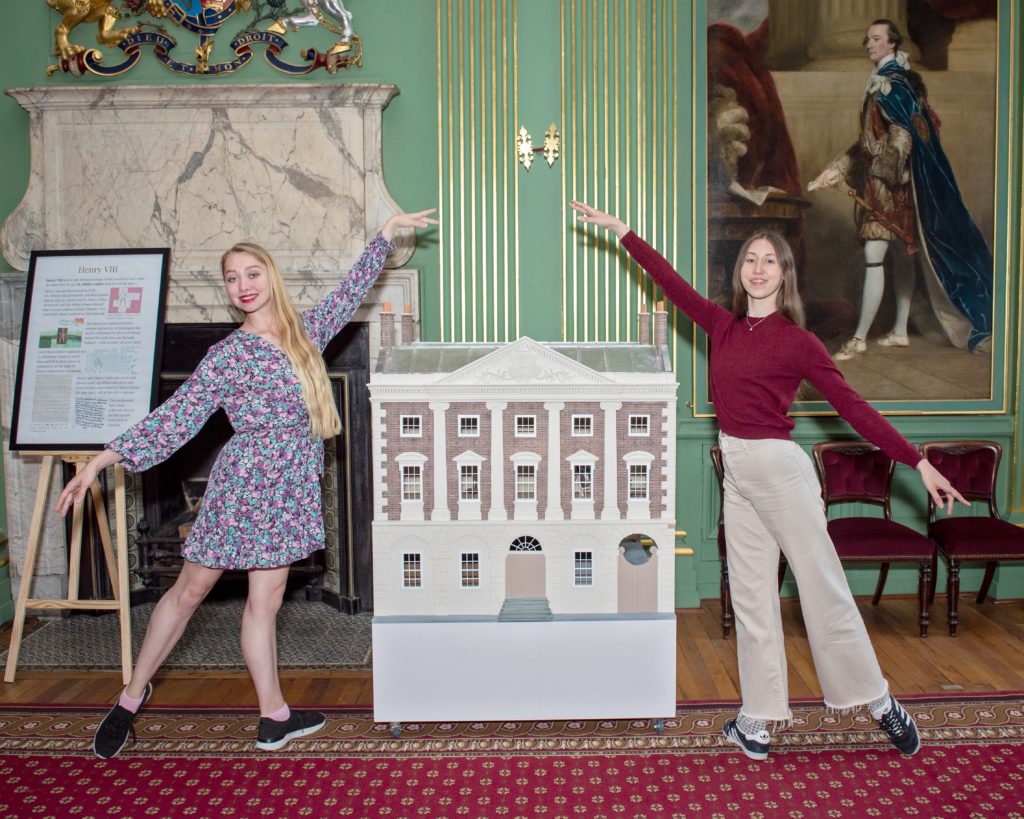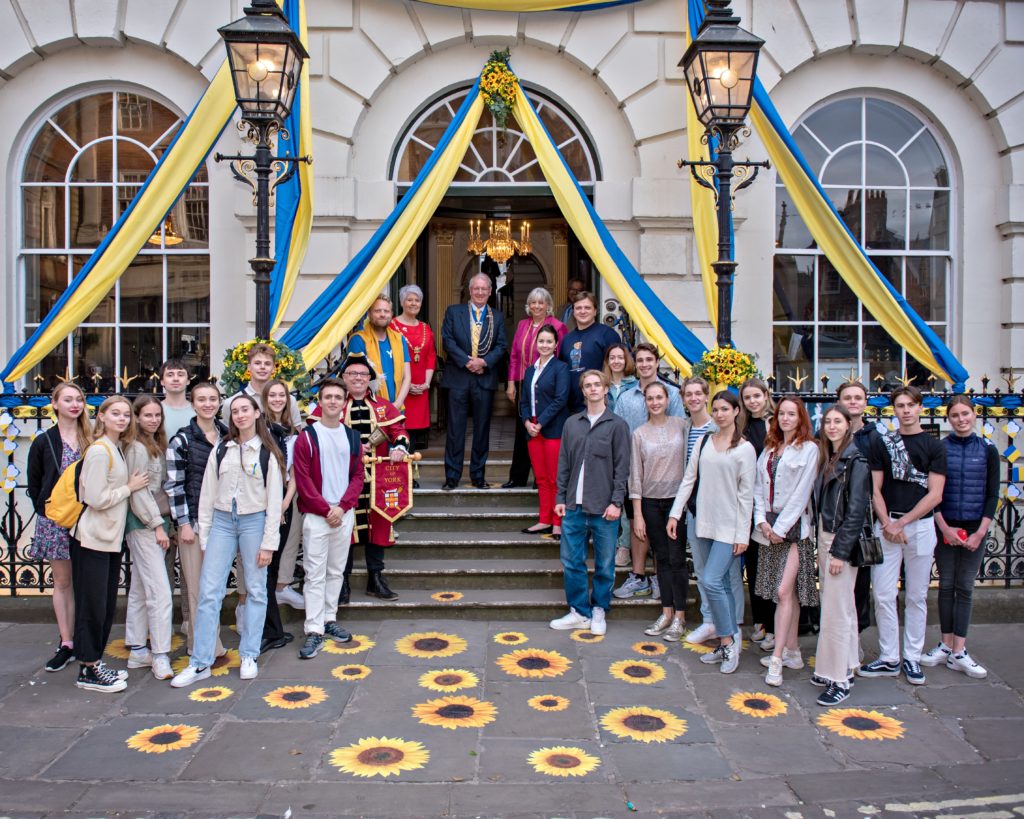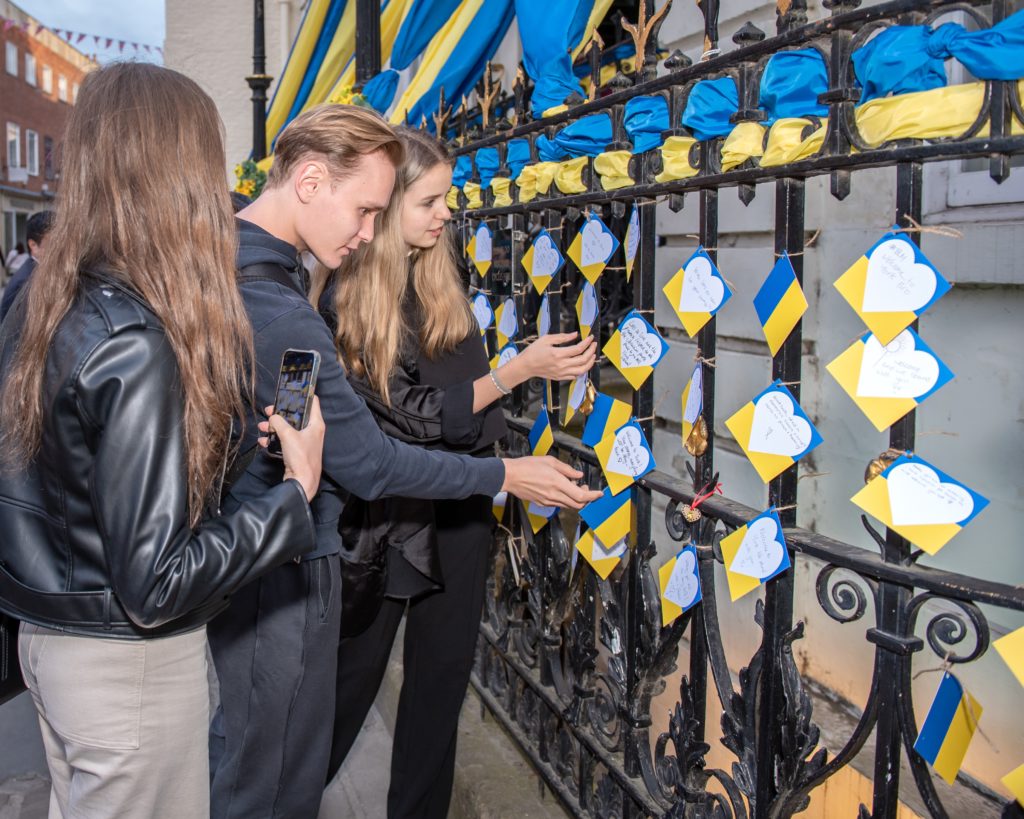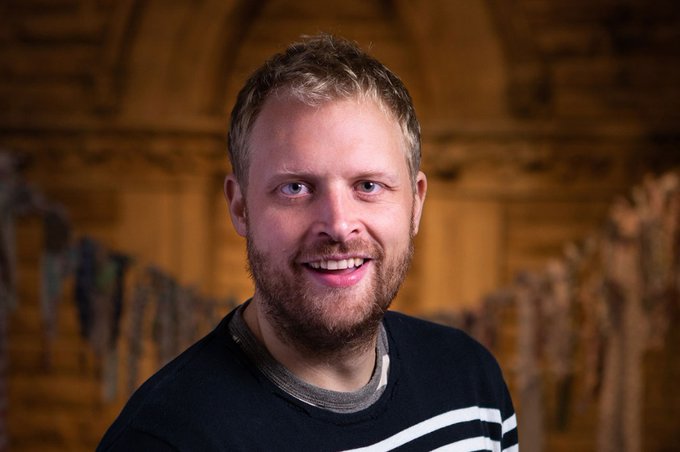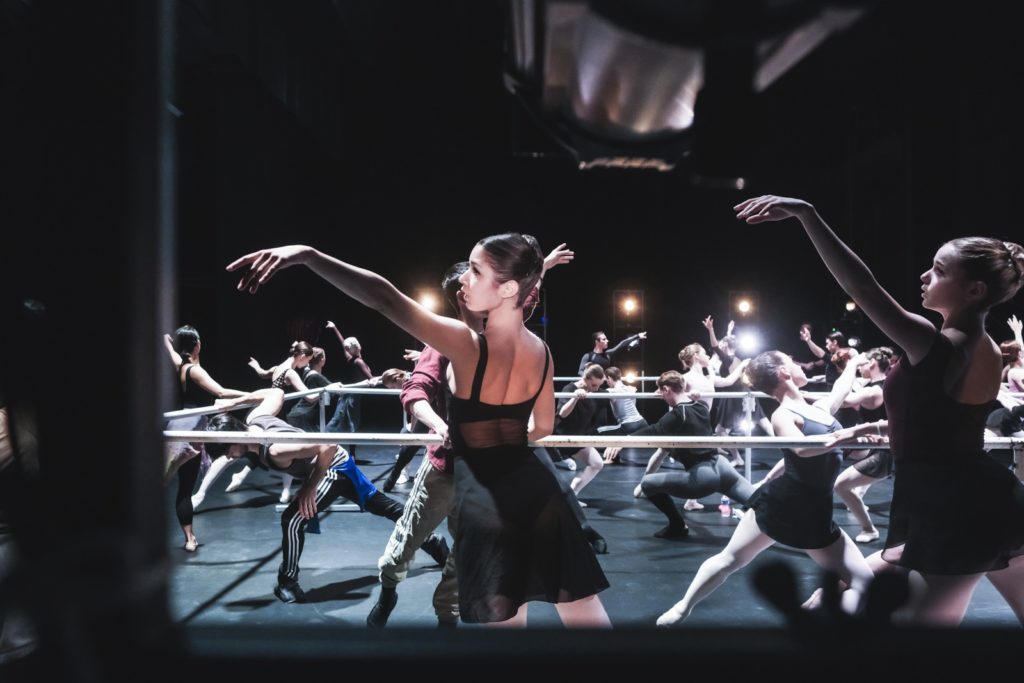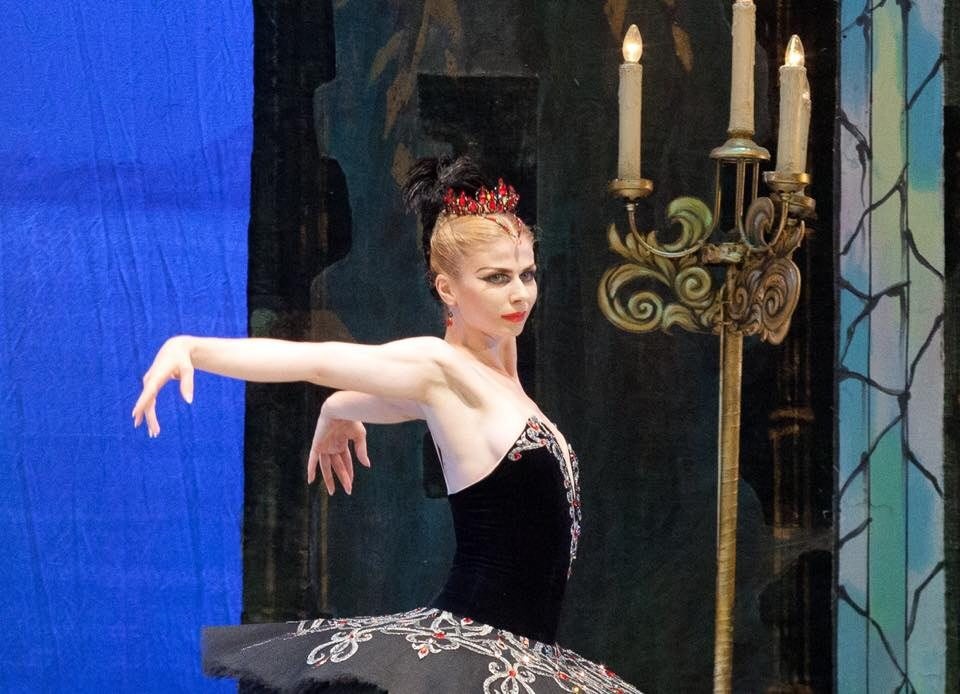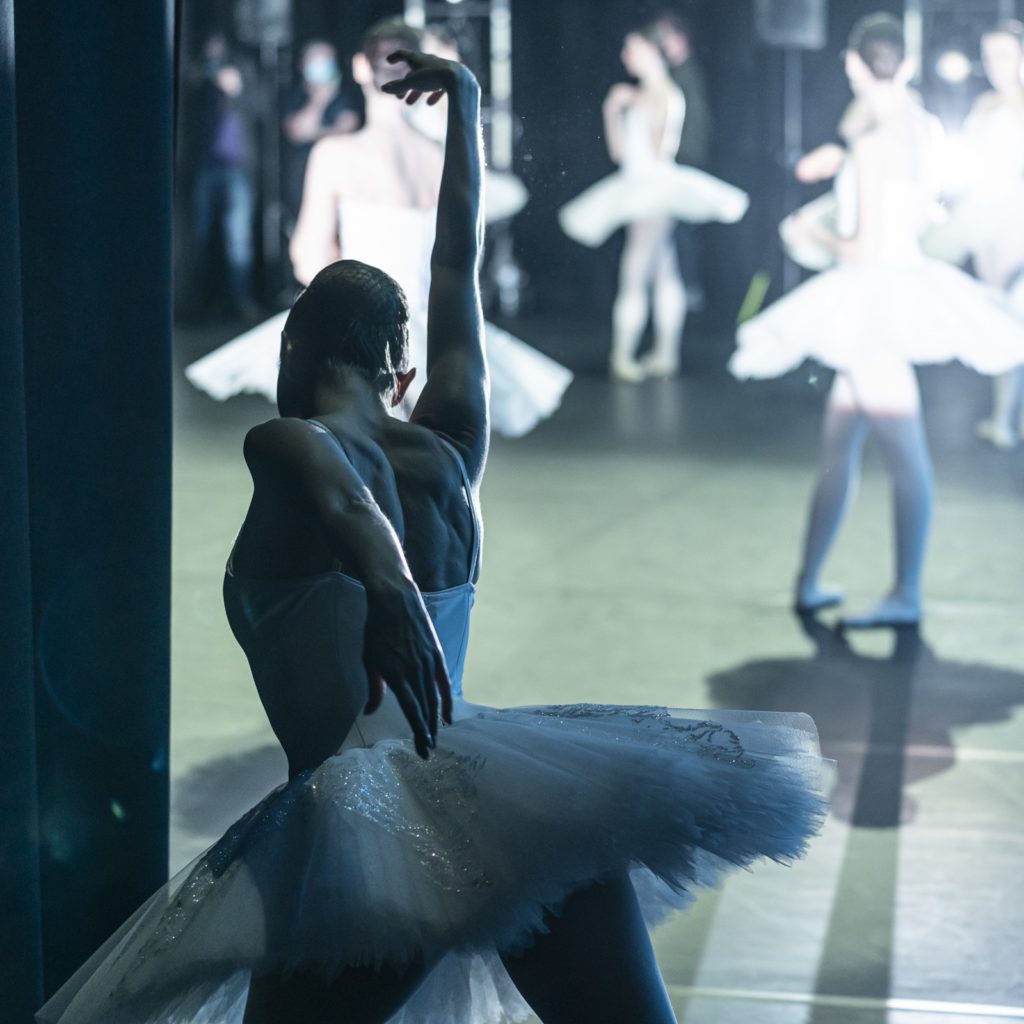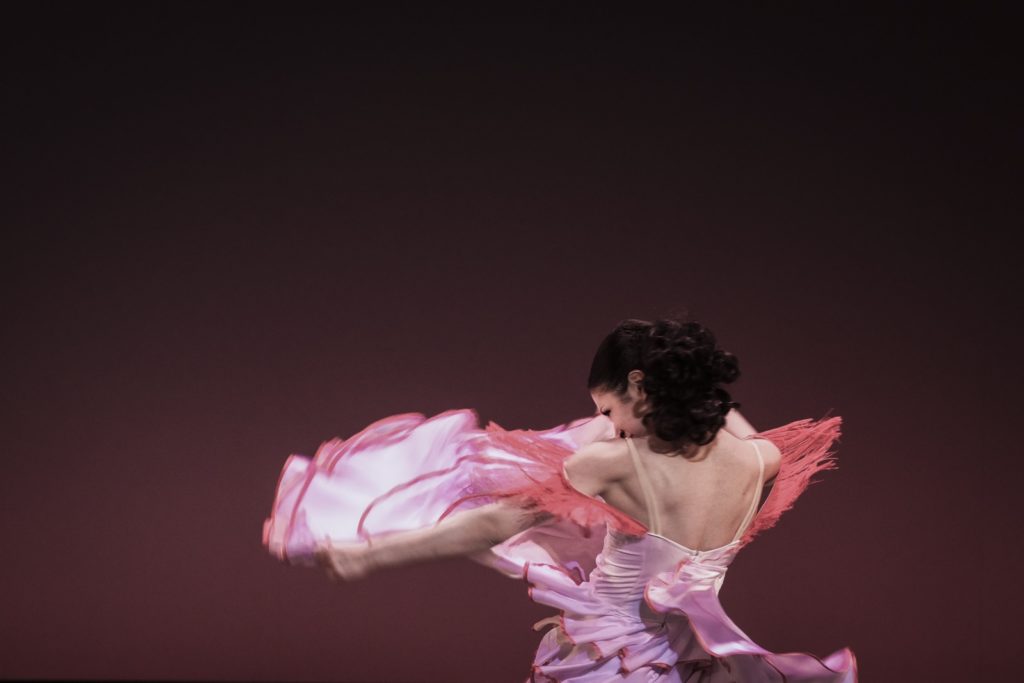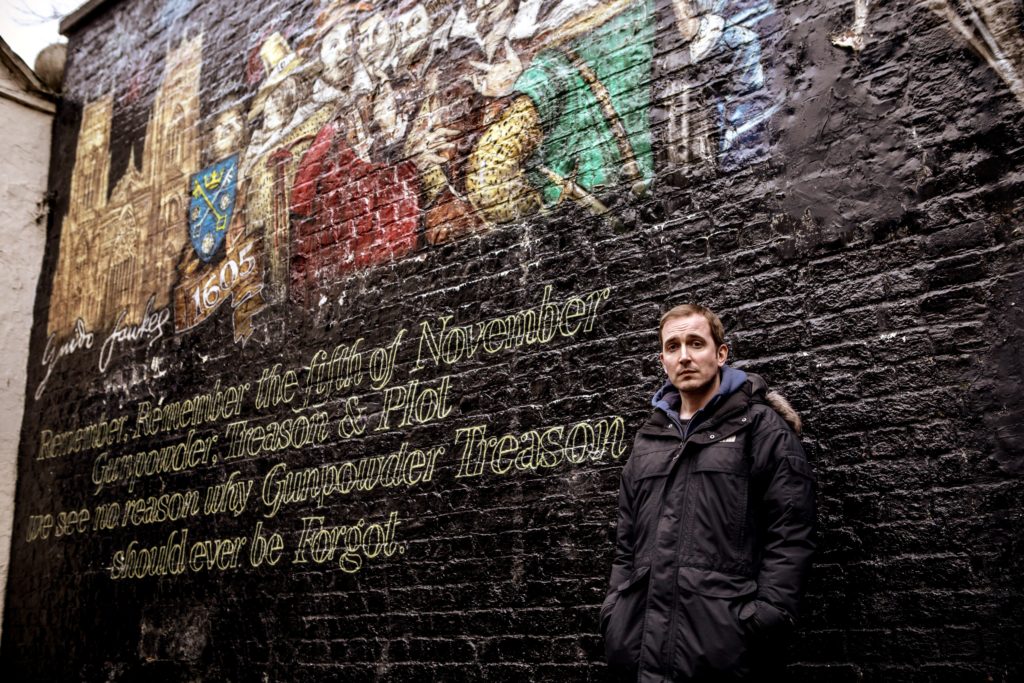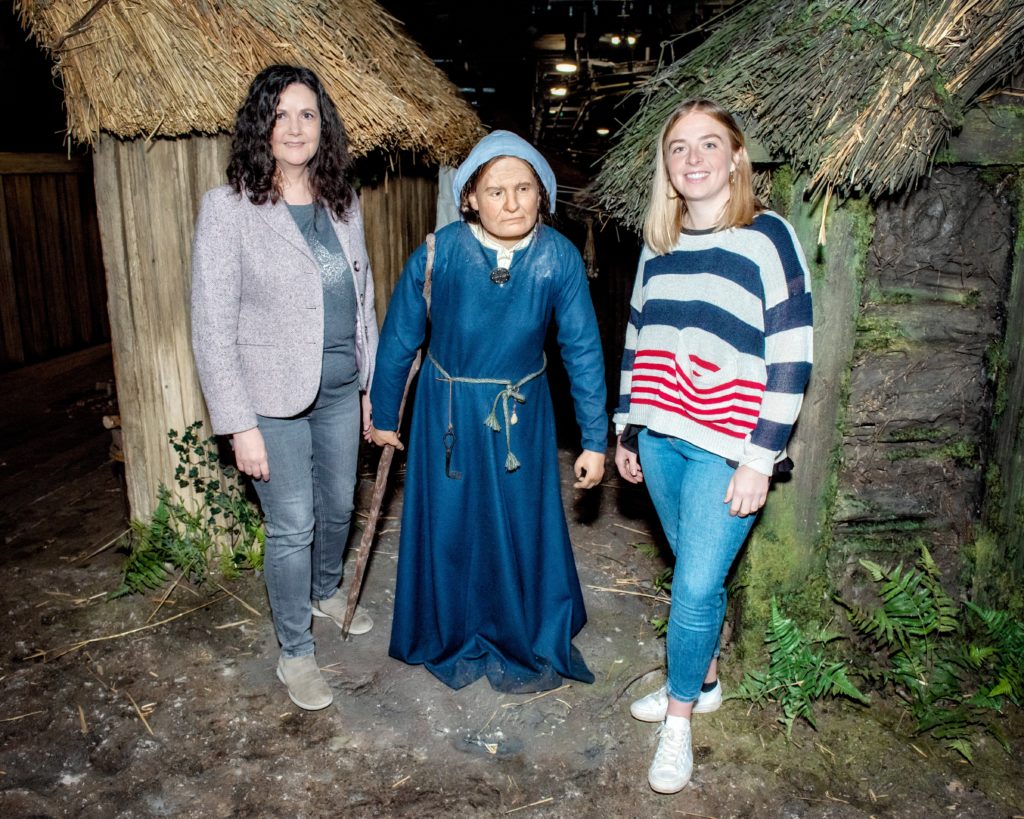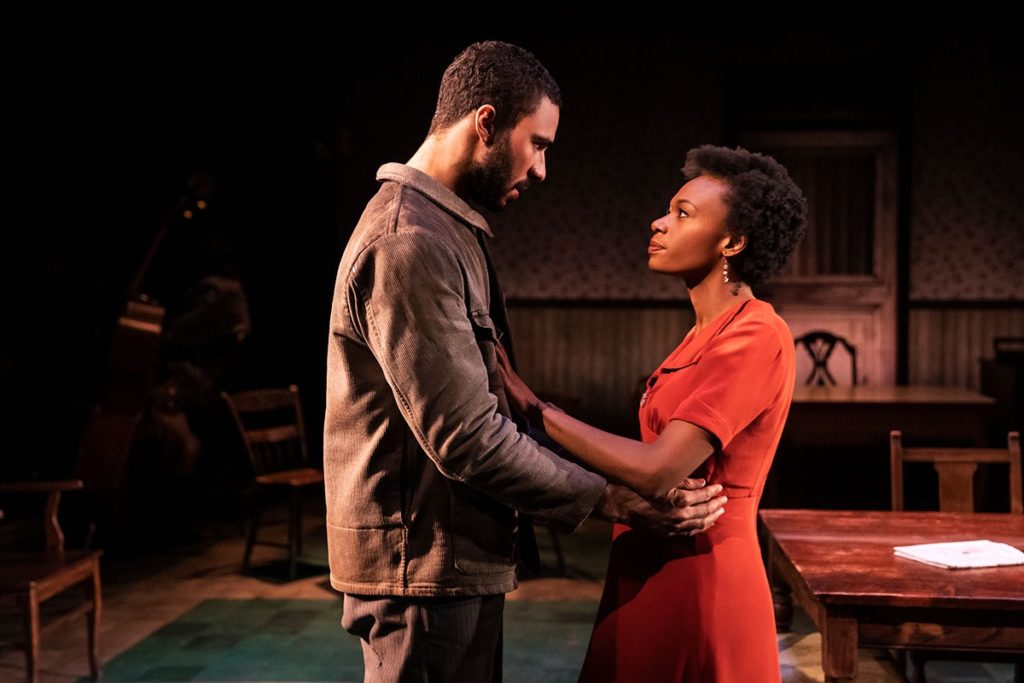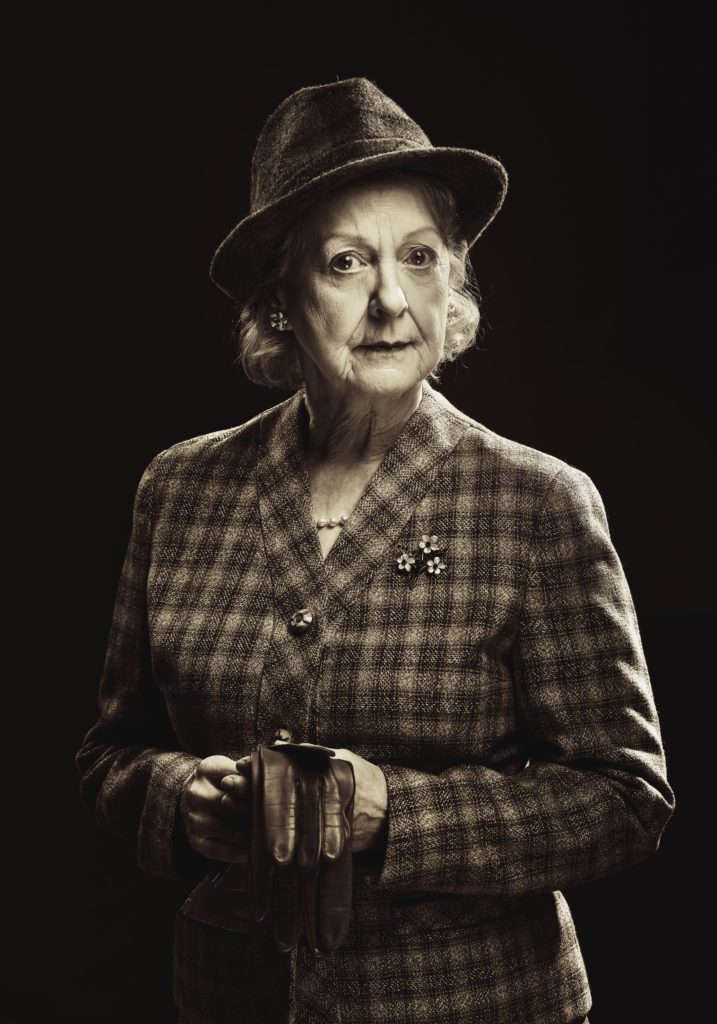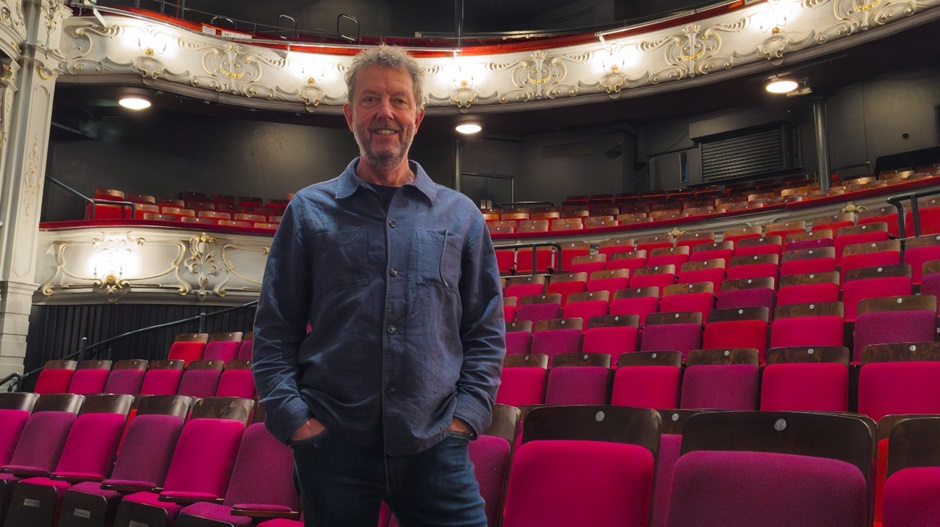
WHAT a sight to greet new chief executive Paul Crewes at Tuesday’s opening night of Frantic Assembly’s pulsating reinvention of Kafka’s Metamorphosis: a full house at York Theatre Royal, with excited school groups to the fore.
Appointed in June, after Tom Bird flew off to Sheffield Theatres in January, Paul took up his post last week, when Rambert’s Death Trap marked his arrival with two Ben Duke works full of the turbulence of life and death.
Metamorphosis? Death? New life? Re-birth? Paul will give himself time, letting his feet settle under his desk in St Leonard’s Place, before making his mark on the way forward post-Covid, post-Bird, post-De Grey Rooms.
His official statement put it this way: “I am thrilled to have now joined the great team at York Theatre Royal. Over the next few weeks and months, I’m looking forward to meeting our audiences, participants, creatives, members, donors and partners and hearing from them what makes this fantastic theatre so important in the life of our wider community.
“I will continue to build on all that work – supporting great artists and practitioners as well as attracting and growing new audiences. This is an exciting time at York Theatre Royal and I’m looking forward to getting started.”
Impact on the wider community. Supporting artists and practitioners, locally, nationally and internationally. Cultivating new audiences. Exciting time to arrive. These are the bullet points, the right goals, at the right time.
No wonder his appointment made so much sense to the York Citizens’ Theatre Trust board of trustees, whose chair, Ann Green CBE, said at the time of his appointment: “Paul has a huge breadth and depth of knowledge and experience, and a passion for the positive role theatre can play in community life.
“Building on all the fantastic work the team have created in recent years, we are all excited to be embarking on a new, fresh and confident chapter in the life of York Theatre Royal together.”
At 62, Paul’s vast experience in theatre and the arts as a chief executive, producer and artistic advisor takes in organisations both in Great Britain and the United States. From 2015 to 2021, he was artistic director of the Wallis Annenberg Center for Performing Arts in Los Angeles, where theatre, dance, music and film vied for attention.
Before that, he was executive producer and chief executive officer of Kneehigh, the Cornish company that went national and international in a model of groundbreaking, exhilarating, innovative theatre expansion.
Earlier, Bristol Old Vic, Paines Plough, London Contemporary Dance Theatre, Plymouth Theatre Royal, the Lowry, Salford, Phoenix Dance Theatre and the West Yorkshire Playhouse (2001-2004) in Leeds all benefited from his producing skills, and he had three years as director of technical training at RADA too.
“I started my career at the Bristol Old Vic and I shall probably end it here in York,” says Paul. “I love the history of these theatres.”
He was born in Brixton, South London in May 1961, where his Methodist minister father was the chaplain at Brixton Prison in the Sixties. “He got to know the Richardsons, Charlie Kray, Ronnie and Reggie too, and the youth club he ran was raided daily by the police,” recalls Paul.
He went on to study English and History at Roehampton Institute, part of London University, where he served as social secretary of the students’ union in his second year. “I loved creating events, whether a ball, a party or a theatre show, working with a very small budget,” he says.
He did “get his head down” in his 3rd year, albeit while being social secretary for the rugby club – sport is his other great love – and was then elected to the sabbatical post of students’ union treasurer, “looking after everything” and mothballing his plan to study teacher training in English and PE at Westminster College, Oxford.
Ken Baker’s vision for education in Margaret Thatcher’s Government prompted him to write a dissertation on why he would not be going into teaching. “At that point, I didn’t feel ready to teach,” he says.
He was, however, developing the skills that would take him into producing for theatres, having already stage managed a school production of Max Frisch’s Andora that played the Edinburgh Fringe, even picking up a review in the Scotsman. “That’s quite an experience for a 17-year-old,” he says.
“At university, I directed a play, Ball Boys, a two-hander by David Edgar, and had such a great time doing it. I never saw theatre as a career, but as a hobby, so when I entered that world in 1985, I wasn’t planning for the long term.
“But then came the sudden realisation that if I’m going to do something, it must be something I enjoy, and that I should train in it from the very bottom, beginning at the end of the pier at Great Yarmouth, working on four shows seven days a week.”
His career was up and running, with the focus on producing and gradually overseeing the creativity that comes into the building. “Whether it’s programming or production managing, for the last 24 years, I’ve been involved in the producing side, working with great creative teams. For me, it’s always been about working with the team, and that will continue at Theatre Royal, brokering and guiding and at times being guided too, but ultimately with control in my hands.”
He thrives on such responsibility. “People are brought up being afraid to make mistakes, and that’s part of the problem with the arts, where they’re scared of failing, where you have to create prototypes, but if you’re not frightened of failing, then something more exciting will come out of it.”
Kneehigh’s success would be a case in point, and now York Theatre Royal should benefit from his artistic and commercial vision.
Copyright of The Press, York

